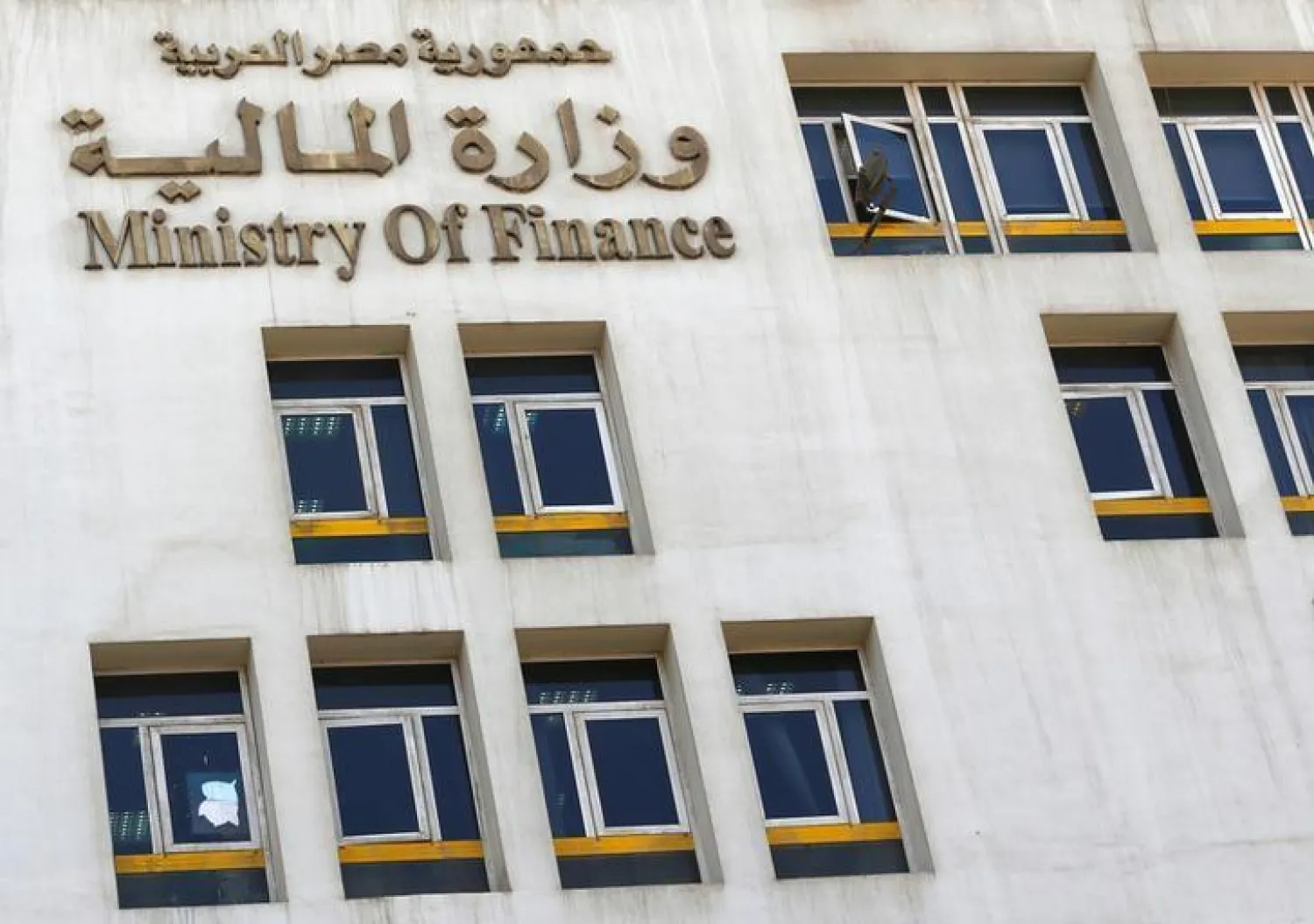Egypt’s Minister of Finance Mohamed Maaet announced Sunday that a draft unified law for the general budget and government accounting has been completed and is ready for submission to the cabinet and parliament during its next session.
Maaet said in a press statement obtained by Asharq Al-Awsat that this draft law applies a “program performance” budget, which helps rationalize public expenditure and entrench the concepts of accounting and accountability.
“In addition, it helps outline the budget for better financial planning and put a future vision for financial performance of the state’s administrative institutions,” he said.
He explained that the new law was drafted in the light of international experiences in drafting, executing and monitoring the budget, taking into account the digital transformation that Egypt has recently witnessed and current financial legislation.
He added that there are many motives behind the drafting of a unified law for the budget and government accounting, pointing out that there are two laws governing the financial performance in Egypt.
These laws had been amended several times. However, it became evident that they do not meet the changes in the budget, especially in light of recent developments and the transition to mechanized systems.
The draft law aims to remain flexible in applying the budget, while maintaining the financial allocations for reuse in the following years, if circumstances prevent disbursement during the “adoption year” based on governing controls.
Over the next three years, the government aims to gradually reduce the debt-to-GDP ratio to reach 77.5 percent by the end of June 2022. It also wants to achieve average annual growth rates of at least 6 percent, and a sustained initial annual budget surplus of around 2 percent.
The fiscal year 2012-2022 will see a decline in debt-to-GDP ratio to less than it was during 2011, according to a statement by the Ministry of Finance.
It explained that the government succeeded in reducing the ratio from 108 percent at the end of June 2017, to 98 percent by the end of June 2018, then 90.5 percent by the end of June 2019.
The target is to reach a ratio of 82.5 percent by the end of June 2020 and 77.5 percent by the end of June 2022.
The statement pointed out that the Ministry diversifies its funding sources between instruments and local and foreign markets.










